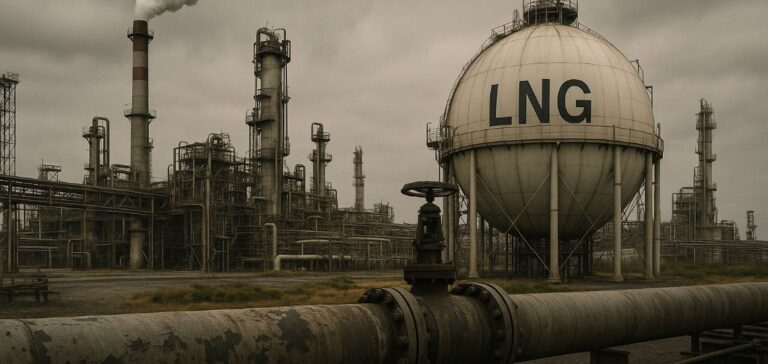The facilities of Malaysia Liquefied Natural Gas (Malaysia LNG) at Bintulu are currently experiencing a partial restart after an unexpected operational shutdown occurred recently. Located in the state of Sarawak, this industrial complex is one of Southeast Asia’s primary liquefied natural gas (LNG) export hubs, serving critical markets including Japan, China, and South Korea. According to an official statement from Petroliam Nasional Berhad (Petronas), repair and restart operations of modules affected by the boiler malfunction are ongoing, aiming to swiftly restore full operational capacity. No exact date for complete resumption has been provided by the company, although it emphasized its commitment to honoring contractual obligations with international customers.
Impact of Temporary Shutdown on Global Supply
The Bintulu complex, a strategic cornerstone for Malaysia’s LNG exports, boasts a total annual production capacity of 29.3 million metric tonnes. Last year, the facility exported nearly 28 million tonnes of LNG, underscoring its significant role in supplying energy to several Asian economies. This latest disruption comes only a few months after Petronas lifted a force majeure previously declared on MLNG Dua, a unit within the complex. That declaration had been implemented following a leak in the Sabah-Sarawak gas pipeline, caused by an underwater geological shift.
The current incident, while separate, occurs at a time when the international LNG market is particularly sensitive to supply fluctuations. Ongoing repairs aim to minimize disruptions in supply and reassure markets, particularly in Asia, where Malaysian LNG plays a critical role in national energy strategies.
Infrastructure Context and Upcoming Decommissioning
This operational halt also coincides with Petronas’s plans to progressively decommission certain aging gas assets, including the Sabah-Sarawak pipeline. This 500-kilometer pipeline will be decommissioned as part of a broader program aimed at shutting down 153 wells and 37 offshore facilities over the next three years. The plan responds to economic imperatives linked to managing operational costs, as well as the necessity to adapt supply to regional and international gas market realities.
In the short term, priority remains focused on fully resuming activities at Bintulu to stabilize international market supply. The energy sector will closely monitor developments at Malaysia LNG operations in the coming weeks to assess potential impacts on the regional and global LNG supply-demand balance.






















